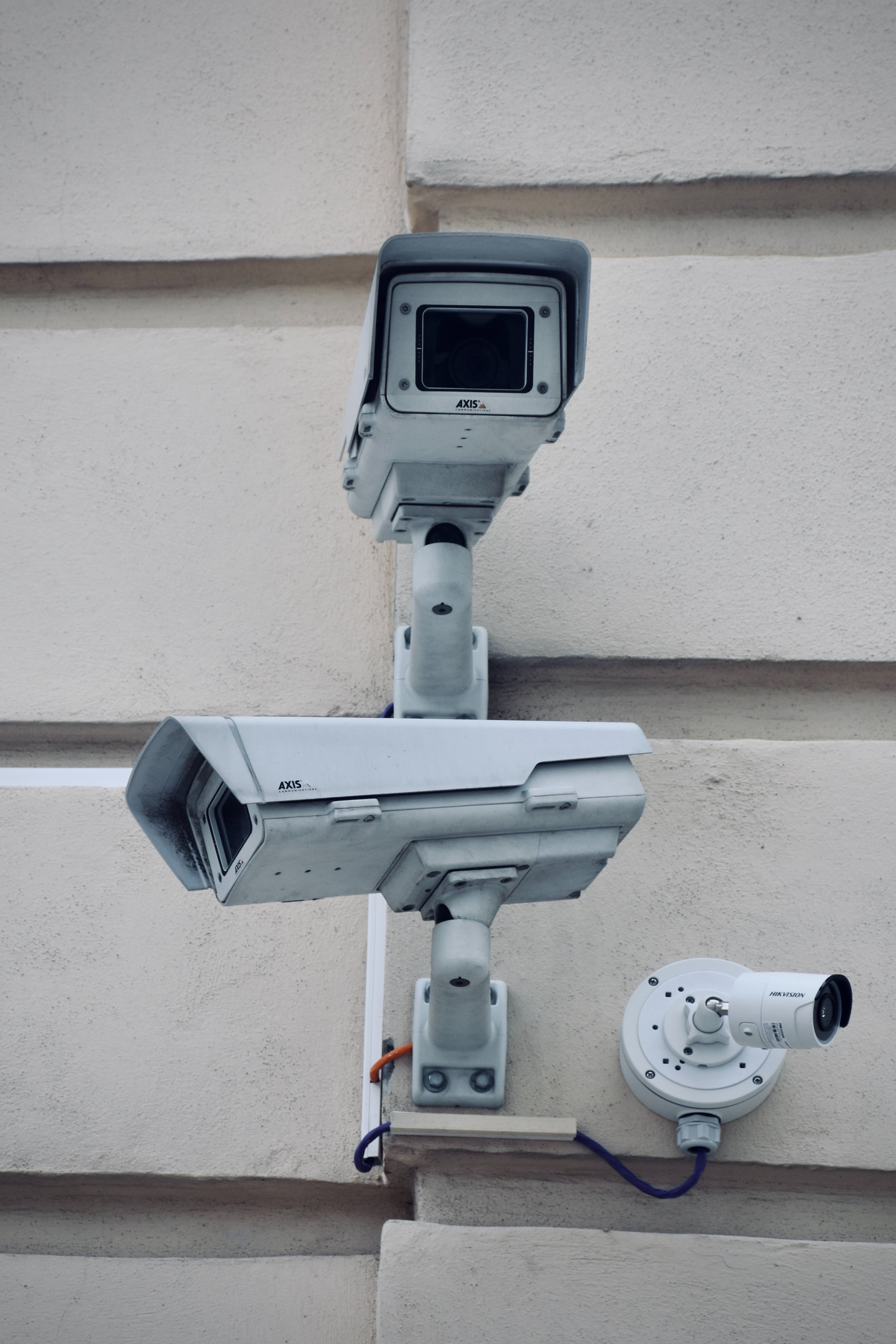Chapter 1: The History of CCTV
CCTV has a fascinating history that dates back over a century:
-
Early Beginnings: The concept of closed-circuit television originated in the 1940s with the development of the first closed-circuit television system by German engineer Walter Bruch.
-
Industrial and Military Use: In the early years, CCTV found applications in industrial plants and military installations for monitoring and security purposes.
-
Public Surveillance: In the 1960s, CCTV began to be used for public surveillance in urban areas, such as city centers and transportation hubs.
-
Advancements: Over the decades, technological advancements have made CCTV systems more accessible, affordable, and sophisticated, leading to their widespread adoption in various sectors.
Chapter 2: Components of a CCTV System
Understanding the basic components of a CCTV system is essential:
-
Cameras: These are the core components that capture video footage. There are various types of cameras, including dome cameras, bullet cameras, and PTZ (Pan-Tilt-Zoom) cameras.
-
Recording Device: DVRs (Digital Video Recorders) and NVRs (Network Video Recorders) store and manage video footage. They come in various channel configurations to accommodate different camera setups.
-
Storage: Hard drives are used to store recorded video data. The storage capacity depends on the system's requirements and the duration for which you want to retain footage.
-
Monitors: These display live and recorded video feeds. High-resolution monitors are essential for clear and detailed viewing.
-
Cabling: Proper cabling, such as coaxial or Ethernet cables, is crucial for transmitting video signals from cameras to recording devices.
Chapter 3: Types of CCTV Cameras
CCTV cameras come in various types, each designed for specific purposes:
-
Dome Cameras: These are commonly used for indoor and outdoor surveillance. Dome cameras are discreet and can swivel to cover a wide area.
-
Bullet Cameras: Bullet cameras are cylindrical and typically used for long-range surveillance. They are easy to install and adjust.
-
PTZ Cameras: Pan-Tilt-Zoom cameras offer remote control over the viewing angle, making them ideal for monitoring large areas or tracking moving objects.
-
IP Cameras: IP (Internet Protocol) cameras connect directly to a network, providing high-resolution images and remote access through the internet.
-
Wireless Cameras: These cameras eliminate the need for cables and are ideal for areas where wiring is challenging.
Chapter 4: Applications of CCTV
CCTV systems find applications in various sectors, including:
-
Security: CCTV is widely used for security purposes, both in homes and businesses, to deter crime and provide evidence in case of incidents.
-
Public Safety: CCTV cameras monitor public spaces, streets, and transportation hubs to enhance safety and aid in law enforcement.
-
Traffic Management: CCTV systems help manage traffic flow, monitor congestion, and improve road safety.
-
Retail: Retail stores use CCTV for loss prevention, monitoring customer behavior, and improving store layout and product placement.
-
Industrial and Manufacturing: CCTV enhances safety in industrial settings by monitoring processes and detecting equipment malfunctions.
-
Healthcare: Hospitals and healthcare facilities use CCTV for patient monitoring and security.
-
Education: Educational institutions deploy CCTV to enhance security and monitor student behavior.
Chapter 5: Benefits of CCTV
CCTV systems offer several advantages:
-
Crime Deterrence: The presence of CCTV cameras can deter criminal activity and vandalism.
-
Evidence Collection: CCTV footage serves as crucial evidence in investigations and legal proceedings.
-
Remote Monitoring: Many CCTV systems offer remote access, allowing users to monitor their properties or facilities from anywhere.
-
Safety and Security: CCTV enhances safety by providing real-time monitoring and the ability to respond to incidents promptly.
-
Peace of Mind: Homeowners and business owners gain peace of mind knowing their properties are under surveillance.
Chapter 6: Ethical and Privacy Considerations
While CCTV provides numerous benefits, it raises ethical and privacy concerns:
-
Privacy: CCTV cameras must respect individuals' privacy rights, and their use should adhere to legal regulations.
-
Data Security: Safeguarding recorded footage is crucial to prevent unauthorized access and data breaches.
-
Consent: In some jurisdictions, explicit consent may be required for surveillance in certain areas.
-
Transparency: Transparent signage should indicate the presence of CCTV cameras to inform individuals of monitoring.
-
Retention Policies: Establish clear policies for how long recorded footage will be retained and for what purposes.
Chapter 7: Choosing the Right CCTV System
Selecting the right CCTV system depends on your specific needs:
Identify Objectives:
Determine your primary objectives for installing CCTV, whether it's for security, monitoring, or other purposes.
Camera Selection:
Choose cameras that suit your environment and requirements.
Storage and Recording:
Select a recording device and storage capacity that can handle your video retention needs.
Integration:
Consider integrating your CCTV system with other security systems or automation for enhanced functionality.
Legal Compliance:
Ensure your CCTV system complies with local and national regulations regarding surveillance and data privacy.
Chapter 8: Installation and Maintenance
Professional installation is often recommended for CCTV systems. Regular maintenance, including camera cleaning and software updates, is essential to ensure optimal performance.
Chapter 9: Future Trends in CCTV
CCTV technology continues to evolve, with advancements in AI-powered analytics, facial recognition, and cloud-based storage. Staying informed about future trends can help you make informed decisions about upgrading your CCTV system.
Chapter 10: Conclusion
In conclusion, CCTV systems have become an indispensable tool for enhancing security, monitoring public spaces, and aiding investigations. Understanding the history, components, types, applications, benefits, and ethical considerations of CCTV is crucial for making informed decisions about its implementation. Whether you're a homeowner looking to enhance your property's security or a business owner aiming to protect your assets, CCTV technology empowers you to keep a watchful eye on what matters most. With the right knowledge and considerations, CCTV can be a valuable asset in today's interconnected world.










